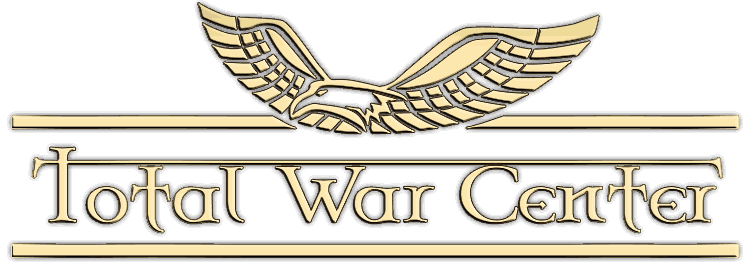Code:
Consonants:
/p, b t, d k, g
bʰ dʰ gʰ
s, z h
j w
l r
m n ŋ/
<p, b t, d k, g
bh dh gh
s, a h
j w
l r
m n ng>
Culsters:
double-
pz, tz, kz
bm, dn, gn, mn, rn, ln, wn, jn, sn, hn
pr, tr, kr, mr, wr, jr, sr, hr
pw, tw, kw, rw, jw, hw
pj, tj, kj, rj, lj, si, nj, hj
triple-
trw, krw, rnw
hnw, pzw, tzw, kzw
jrw, wrj
Vowels:
/aeiou/
with long form
/a:, e:, i:, o:, u:/
<áéíóú>
diphtongs:
long:
/e:ʊ, o:ʊ/
<év, óv>
short:
/aɪ, aʊ/
<ai, au>
The vowel system is a combination of latin and germanic, with heavy use of auxiliary verbs.
Code:
Dictionary:
fire ágn
water bhun
earth jrwa
ice irnúk
wind hédn
mountain behwál
man twan
life ehjádzurn/érnwa
to be éd, do
to walk odz, dzwo
to go aid,dhu*/ ak, kóla
in ain*
to év*
of kri*
house nóbm
many kjór
few sidn
place abh
tree zúwr
rock tórn
sky aigár
sun ghosbhévmnel/ emél
moon jorkruhnaing/ únaing
to see óvs, sú
city akjórnob/ zaitr
creature pzúla/ krérna
to eat ég, góla
to fly ihn, hnóla
like ahn
create aihévdzurn, hédzurnaiwa
so ghéz
no névdn
yes aitán
to bring úrn, nú
god hátranóvnel
to speak ály, lyrá
speech lyrán
to revere údnat, dánu
father bhaitr
mother mám
lord saiwr
glory zókr
heaven ekníl
bad trom
good hab
sin trorún
to sin atrorún, tróru
to do akrún, rúna
deed rún
known ikrn
name lyzód
to know ikr, kráno
to let ébhid, bhídi
thus ánurn
to come án, dnaite
kingdom dhúmarnkri
king dhúmarn
land kúbm
on húwn
also kwo
to give óvbh, bháso
day méln
this hwat
that hwin
now kjorn
then jorw
later kown
bread zuln
nai and
to let pass érn, névra
that pas
who kwal
towards hwév
but zob
to bring from anédh, nédhaika
temptetion ghakúrn
evil taikáz

